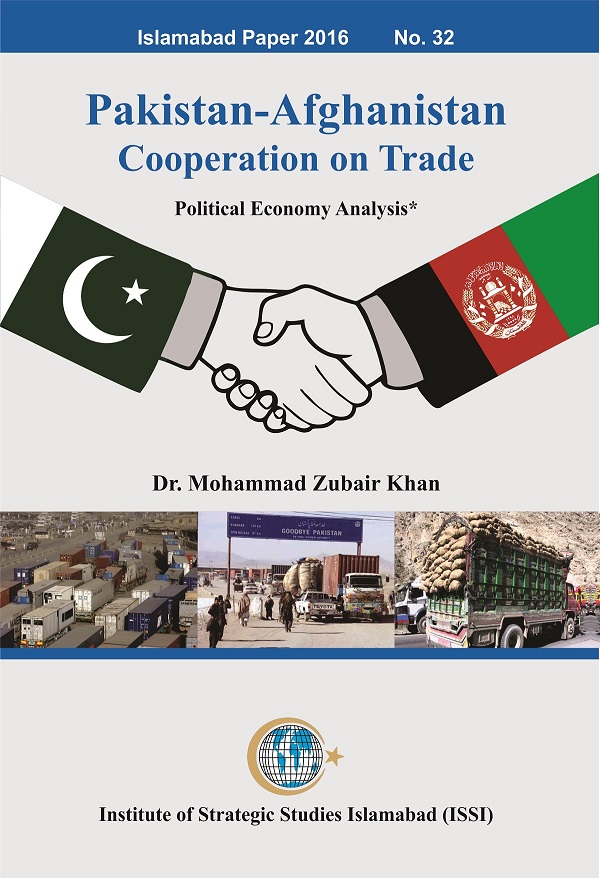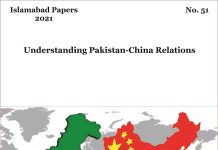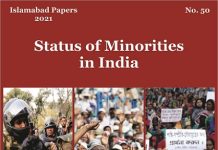Acknowledgements
The views expressed in this paper do not necessarily reflect the views or opinions of the sponsors or of the organizations whose reports have been reviewed here. This report is based on the findings of a number of studies undertaken on the subject by authors and institutions credited in the text and the bibliography.
The responsibility for the analysis and the conclusions are the author’s. The author is indebted to excellent support from Akbar Khan Durrani and Mohammad Umair Khan in helping to review the literature, collection of data, tabulation and charts. Akbar Khan Durrani conducted useful interviews of officials and businessmen in Kabul to record their views on the political economy of Pak-Afghan trade.
Executive Summary
Trade between Afghanistan and Pakistan carry vastly different importance for the neighboring countries. While Afghanistan is a land locked country reliant on Pakistan for transit and bilateral trade, Pakistan is located advantageously on the open seas and Afghanistan is relatively less significant a trade partner. For Pakistan, the development of trade links with Afghanistan acquires somewhat enhanced importance in the regional context. The potential of the CAREC program puts regional trade relations for both Pakistan and Afghanistan on a much larger scale, together with funding from multilateral institutions that can convert economic potential into reality in the medium term. In the near-term, the emerging security situation in Afghanistan will be critical for improving access of Central Asian countries to global markets and for Pakistan to reach the CAREC markets.
Trade relations between Pakistan and Afghanistan have been the victim of historically strained political relations between the two countries. In recent years, illegal trade and the unauthorized movement of people and contraband across the porous common border have further contributed to tensions, although considerable trade has started to flow across the border. Afghan-Pak trade has three dimensions, transit trade, bilateral trade and illegal trade. Strains in economic relations reflect Afghanistan’s claim that Pakistan has not removed ‘impediments’ to trade, while Pakistan claims that illegal trade under the cover of Afghan trade hurts Pakistani business interests and cause losses in government revenue. Many attempts have been made to identify the difficulties and address the grievances of the two sides but to no avail. The impediments identified in various studies relate to issues of trade facilitation, transit and transport, en route security, customs procedures, illegal trade, tariffs, banking and payments, competitiveness, and infrastructure.
















